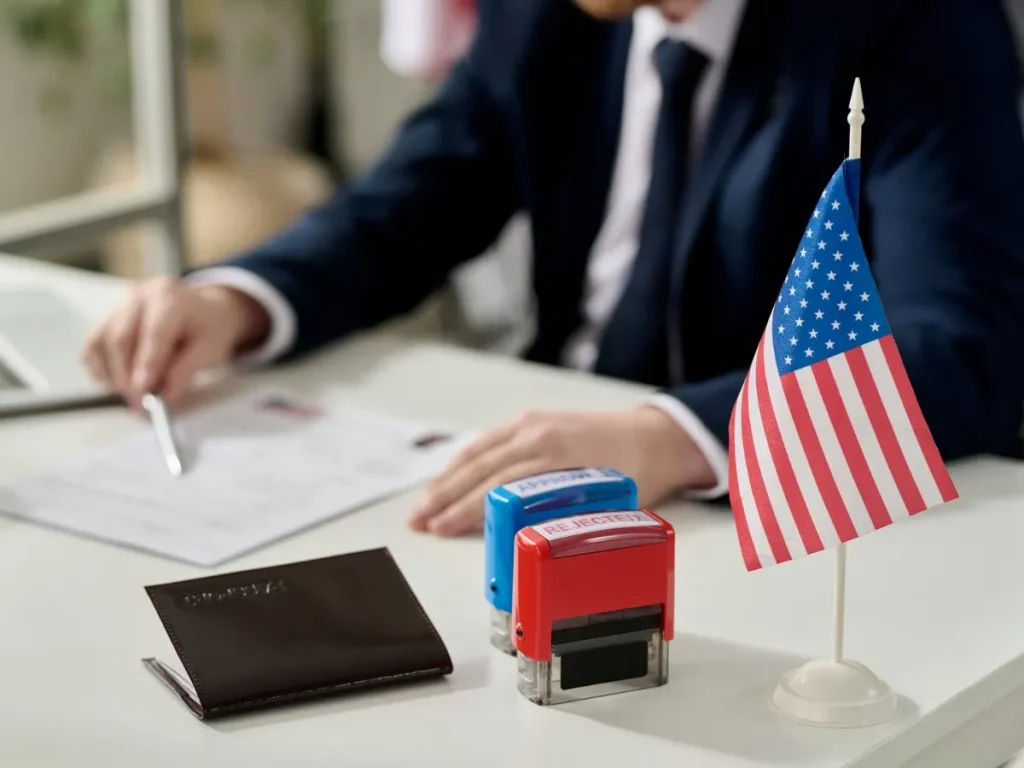The US government is making it simpler for business owners to extend their stay in the country. The International Entrepreneur Rule (IER), originally established during the Obama administration, has been updated to allow foreign entrepreneurs to remain in the US for up to five years if their businesses meet specific criteria related to funding and job creation.

What is the International Entrepreneur Rule?
The IER, managed by the Department of Homeland Security (DHS), enables non-citizen entrepreneurs to apply for a temporary authorized stay in the US, known as “parole.” This status is granted based on the public benefits their business provides. Entrepreneurs can work exclusively for their startups, and their spouses can also apply for work authorization, although children are not eligible.
Key Criteria for the IER
Startup Age: The business must have been established in the US within the last five years.
Growth Potential: The startup should demonstrate potential for rapid growth and job creation, with backing from investments of at least $264,147 or $105,659 in government grants or awards.
Parole Duration: Entrepreneurs are initially granted up to 2.5 years, with the possibility of extending this to a total of 5 years if additional requirements are fulfilled.
Number of Entrepreneurs: Up to three entrepreneurs from the same startup can qualify for parole.
Spouse Employment: Spouses can seek employment authorization after entering the US, but this does not apply to children.
How to Qualify for the IER
Ownership and Role Requirements:
- Ownership: Applicants must hold at least 10% ownership in the startup.
- Role: They must be actively involved in the daily operations and decision-making processes of the business.
Startup Requirements:
- Business Entity: The startup must be legally registered and operational in the US, established within the last five years.
- Growth Potential: It must show the ability to grow rapidly and create jobs.
Funding Requirements:
- Investment: A minimum of $264,147 from qualifying investors or $105,659 from US government sources is required.
- Alternative Evidence: Other credible evidence can also be submitted to demonstrate the startup’s growth potential.
Family and Employment Considerations
- Spouse: Can apply for parole and work authorization.
- Children: Unmarried children under 21 can apply for parole but are not eligible for work authorization.
Eligibility for Non-Immigrant Status

Individuals currently in non-immigrant status (such as B-1 or F-1) can apply for IER parole. However, approval may require leaving the US and re-entering under the conditions of the parole. Overstaying non-immigrant status can lead to serious immigration consequences.
Background and Recent Developments
The IER was established in January 2017 to assist foreign entrepreneurs in developing their businesses in the US. Although the Trump administration attempted to suspend the program in 2018, a court ruling mandated that the DHS continue accepting applications. The Biden administration has shown support for the IER, recognizing its value in allowing international entrepreneurs to contribute to the US economy.
Despite its potential, the program has had limited success. Since fiscal year 2021, USCIS has received 94 applications, with 26 approved, 28 rejected, and 40 pending or withdrawn. Recent changes aim to enhance the program’s attractiveness and encourage more entrepreneurs to apply.
